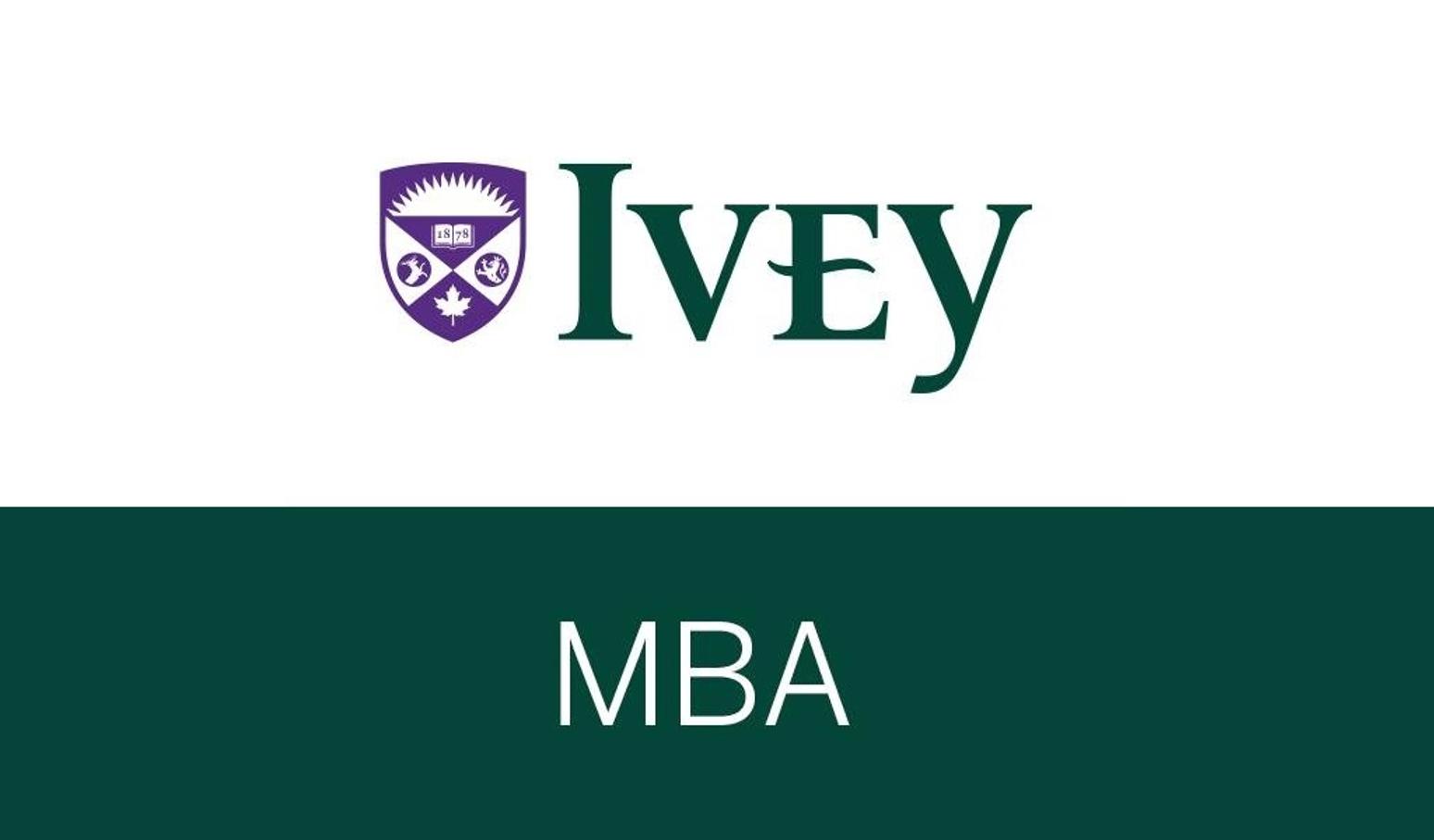If you have been following us on Twitter, you may have heard that our department moved to a new office this week to make room for additional faculty and get ready for the new building that is opening soon. As we continue to review résumés via our complimentary résumé assessment feature on our website, there are some things I learned from packing/moving/unpacking, that I can relate to résumés. Here are a few things I observed:
Observation # 1: Every box that is packed DOES have a limit. When getting ready for the move, I tried to stuff all my things in the fewest number of boxes. Although it saved supplies, it was harder to carry and it made unpacking and getting settled into my new space a bit of a challenge.
In the same way, each page of your résumé should have a limit. A document full of small font stretched to the borders of the page is difficult to read. Balance the text with an appropriate amount of white space.
Observation # 2: Each box that is packed increased the difficulty of the move. You don’t realize how much you have until you need to pack it all up. I realized that the more items I had, the harder the move because I had more to pack, lift, and unpack.
In the same way, the more pages on your résumé, the harder it is for the reader to understand your experience. Make it a goal to fit all of your relevant accomplishments to a maximum of two pages. Two pages?? If you think this would be hard to do, read on to the next tip.
Observation # 3: The key to an easier move is to de-clutter. Before the move, we were encouraged to throw out stuff that was not used in the past six months. When I rummaged through my drawers, I was surprised to see how much of it fit into this category. There were keys and files that I inherited from the previous users of the desk along with supplies, magazines, and lots of articles I collected since my start. The move allowed me to go through each item and assess its importance.
In the same way, I encourage you to assess each item that is on your résumé. Keep work/volunteer experience that is relevant. You don’t have to include EVERYTHING on the resume, such as a summer job you had during university. We would like to know about the positions/jobs that are recent/relevant and add value to your profile. In general, most business schools are looking for a track record of success and leadership potential and you can demonstrate this by highlighting your communication skills, initiative, motivation, decision making, and team work skills to name just a few. If you do this, the admissions committee would better understand how you would be a great fit for their program.
So, those are a couple of things that I observed about moving that I could relate to your résumé. If you haven’t already done so, take advantage of our complimentary résumé assessment. This gives you an opportunity to receive feedback from our admissions team about how your background and experience aligns with our admissions criteria.
